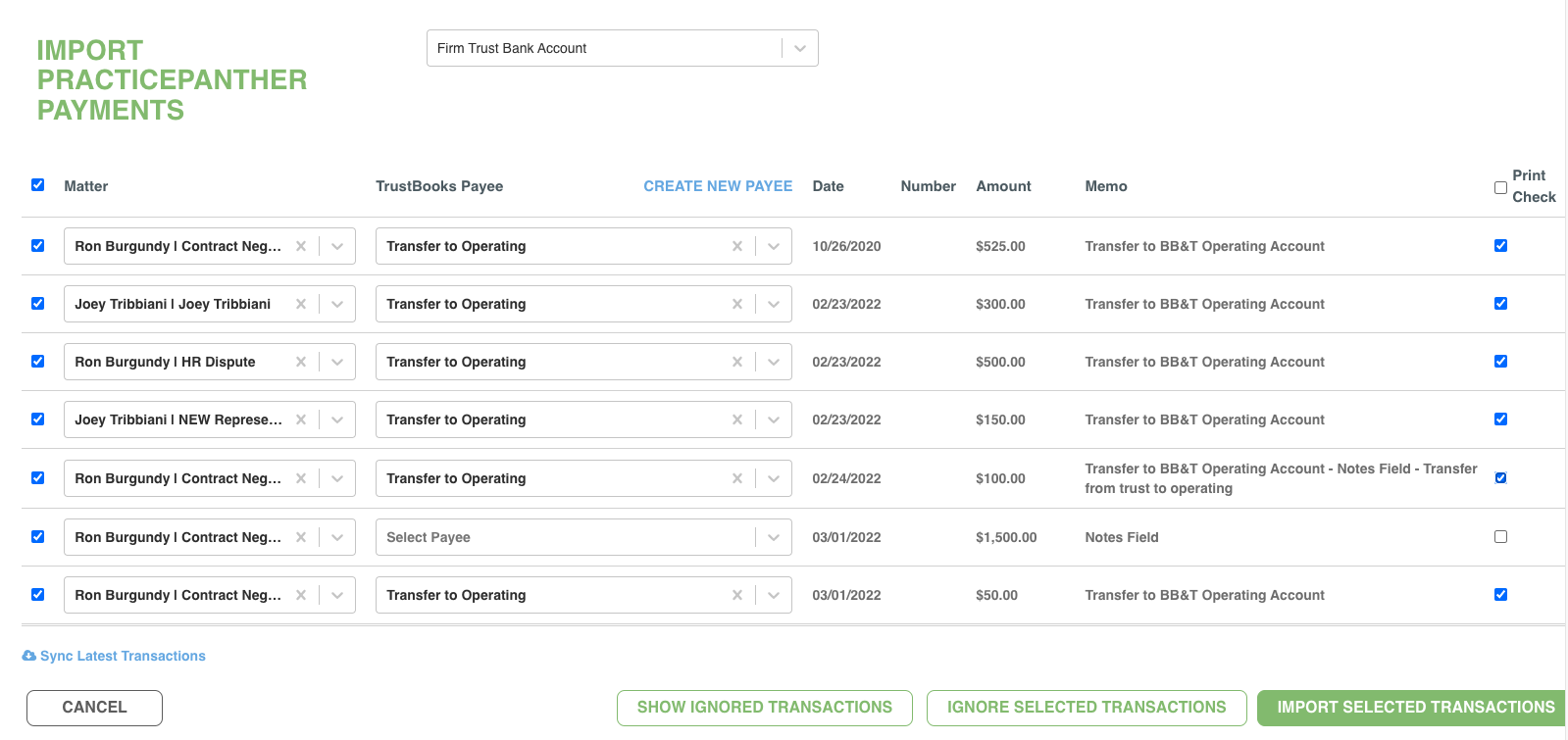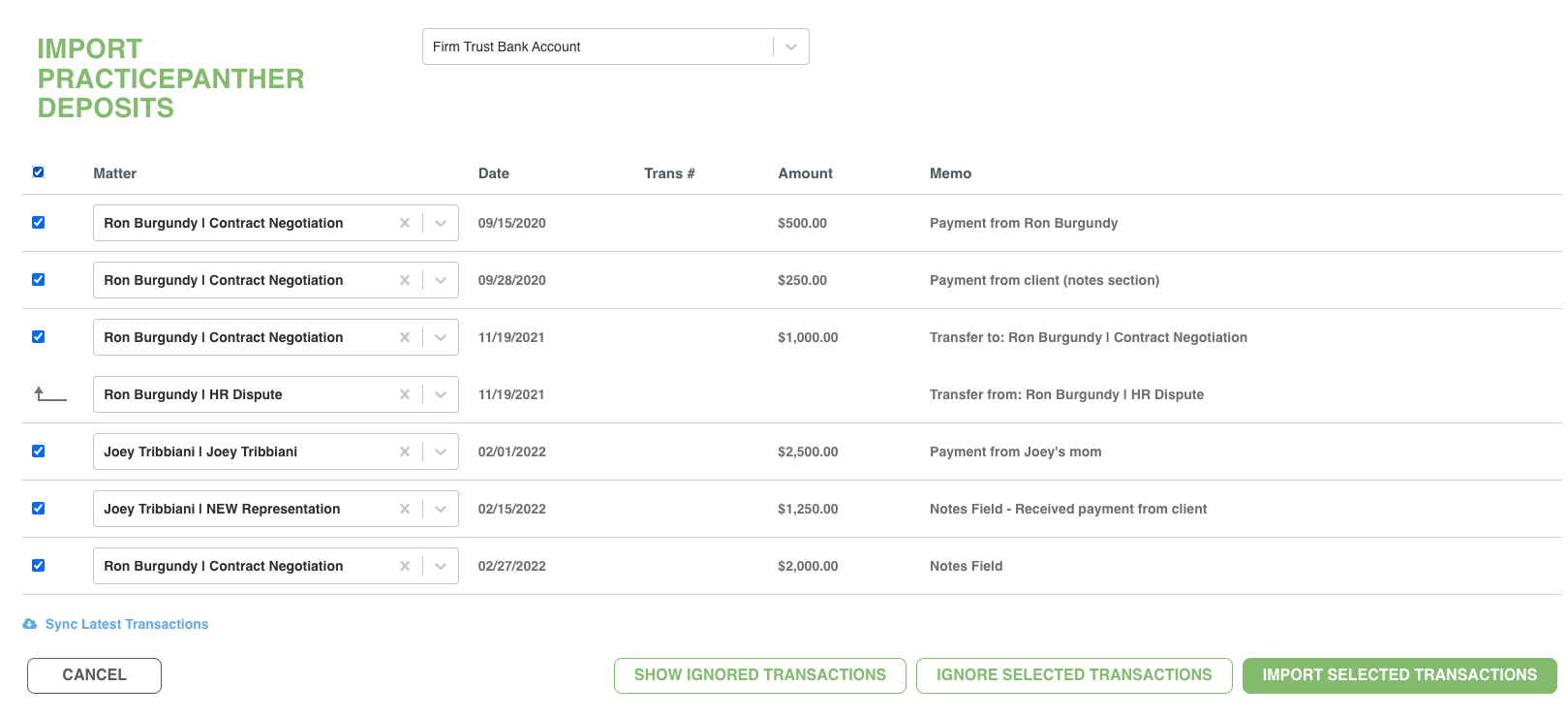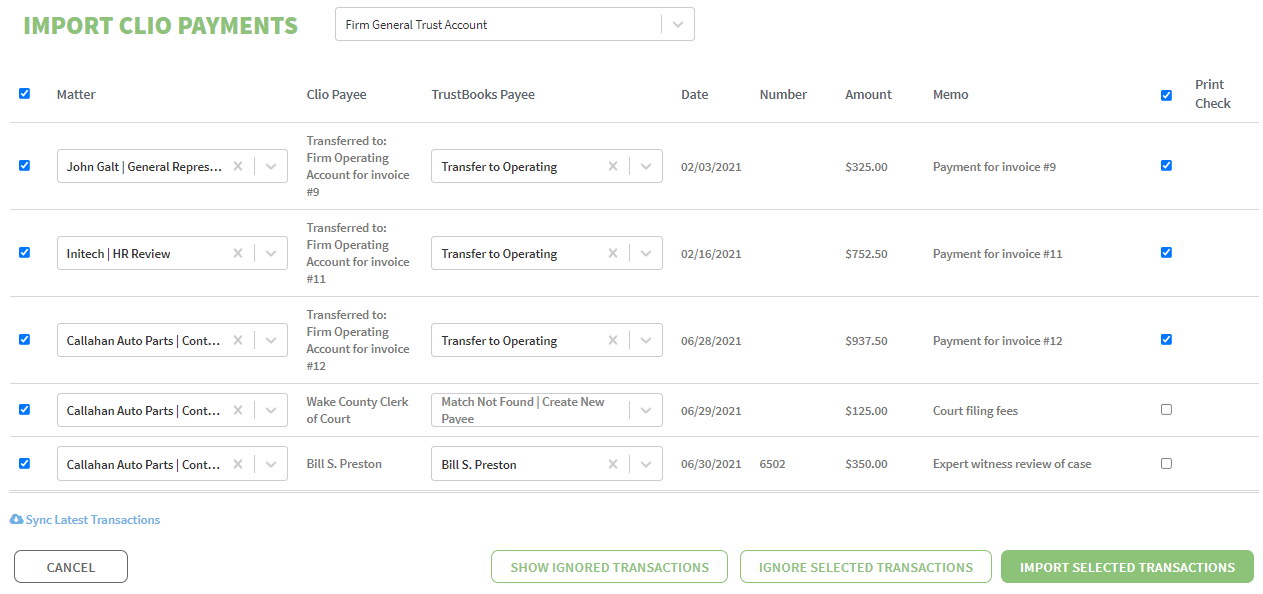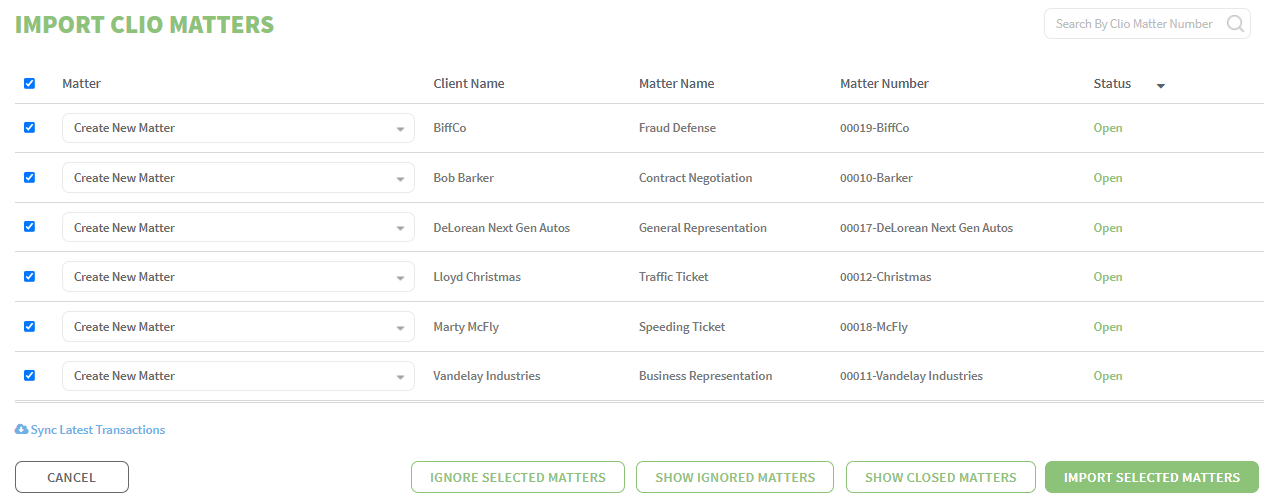Looking after your trust account is one of the many responsibilities you have in running your firm. You have a responsibility to your clients and your state bar to keep your trust accounting accurate and free from misuse.
A few years ago, a small North Carolina law firm learned the hard way that misuse of a trust account can strike anyone. The firm’s long-time bookkeeper was accused of embezzling over $500,000 over a span of nine years. The bookkeeper eventually admitted to stealing over $180,000 and was sentenced to 5.5 years in prison.
But thankfully there are easy ways to prevent this from happening and we’ll discuss five ways to keep your trust account safe from misappropriation.
How did this embezzlement scheme happen?
The law firm’s bookkeeper was responsible for receiving payments from clients and depositing them. Instead of depositing the full amount, the bookkeeper shorted deposits and kept the money for herself. To cover up the missing cash, she transferred funds from the firm’s trust account without anyone’s approval or knowledge.
This firm’s bookkeeper was an employee for 24 years and consequently had earned the firm’s trust. This trust may have led to a lack of oversight or review of the bookkeeper’s work. After nearly a decade, the fraudulent scheme was finally uncovered when the bookkeeper suffered a heart attack and someone else handled the books and noticed unexplained withdrawals in the trust account.
Most workplace theft involves three factors: pressure, opportunity, and rationalization. Employees who feel some type of financial pressure may find an opportunity to commit theft and then rationalize why it is ok to steal.
- Financial pressure can be either real or perceived. Perhaps an employee has a secret gambling habit or has a sick family member with hefty medical bills. Or maybe the employee feels like they aren’t paid enough and that they “deserve” more money.
- The employee must have the opportunity to steal. Perhaps you place too much trust in a long-time employee and don’t review their work. Or the bookkeeper is a one man show who handles all your firm’s finances. This person invoices clients, collects payments, makes deposits, and reconciles bank accounts. Having all these duties centralized in one person is a big no-no!
- Finally, the employee must be able to rationalize their illegal actions. Being a perceived victim of bad circumstances or believing that the company has “too much” money are some reasons used to rationalize a fraud.
Tips to protect your trust account
Although there is no sure way to prevent embezzlement, here are some quick and easy measures you can implement today to reduce the chance.
- Segregate duties. More than one person should be responsible for completing key tasks. In the example above, the bookkeeper shouldn’t be able to receive payments from clients and deposit said payments. Instead, have the receptionist receive payments (and issue a receipt, discussed next) but have the bookkeeper deposit them. Also, the bookkeeper shouldn’t be a signor on any of the firm’s bank accounts.
- Issue receipts. Maintain a receipt book for all client payments. The receipts should be pre-numbered and sequential and you can buy these at any office supply store for a few bucks. When a client makes a payment, have the receptionist fill out a receipt. Provide the client with a copy and keep a copy with the client’s file.
- Review the books. Each month a partner should review the firm’s bank statements. They should look for unusual changes in account balances or out of the ordinary transactions. Also look at copies of cancelled checks to review the payee, endorsement on the back, and the signature for anything unusual.
- Complete a three-way reconciliation of your trust account. Reconcile your trust bank account, your client’s ledger, and your trust ledger each month. This will help keep your state bar happy and help ensure your trust account doesn’t go in the red.
- Do a mini-audit. Some state bar associations require regular review of trust accounts. For example, North Carolina requires quarterly reviews of at least three trust account transactions. An attorney is tasked with examining these transactions in-depth and ensuring that they were properly recorded. This regular review can help to deter anyone from doing anything improper by reducing the opportunity to commit fraud.
Knowing the fraud risk factors and implementing these easy steps can make managing your trust account smooth and straightforward.










